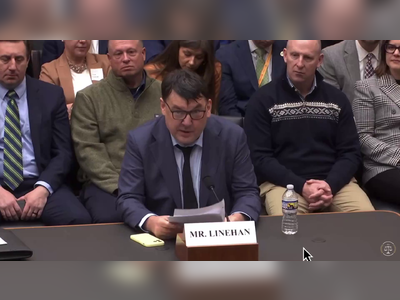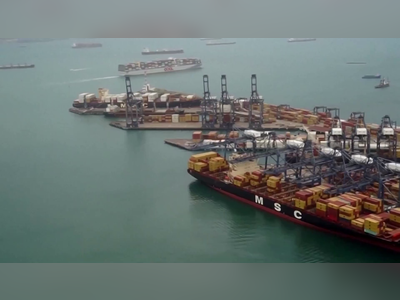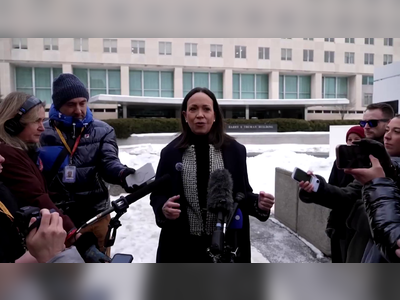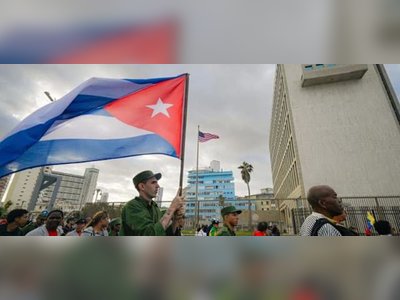
Impact of Investment Losses on Costa Rican Pension System
Pension funds in Costa Rica faced substantial losses in 2022, raising concerns about future volatility and the stability of retirees' savings.
In 2022, a significant decline in investment returns within the Mandatory Pension Regime (ROP) caused severe financial losses for retirees in Costa Rica, with some individuals losing up to ¢13 million from their savings.
This downturn was attributed to rising interest rates from central banks, which adversely impacted the investments managed by pension operators.
As of March 2023, 35.4% of the ROP funds, equivalent to ¢4.30 trillion, were invested abroad, within a total ROP fund of ¢12.13 trillion, as reported by the Superintendent of Pensions (SUPÉN).
The investments predominantly included equities and instruments linked to stock indices, such as the S&P 500.
Prominent pension fund operators such as Popular Pensiones, BN Vital, and BAC Pensiones have notable volumes of investments outside the country, with BAC Pensiones allocating 42% of its ROP portfolio to international markets.
The losses experienced in 2022 primarily affected three groups: current pensioners, which total 79,000, and 77,739 workers aged over 60 nearing retirement.
These individuals are particularly vulnerable due to limited time to recover from any decreases in fund value.
Personal accounts reflect the impact of these losses.
Claudio Brenes, a retired veterinarian, highlighted a reduction of ¢1.3 million in his pension from December 2020 to September 2022, while Maricela Artavia, a computer engineer, faced a drop from ¢66 million to ¢53 million within a month due to diminished returns and continued withdrawals from her savings.
In light of current investment conditions, BN Vital has suggested that individuals close to retirement consider postponing their retirement if possible.
Monthly payments for pensioners are calculated based on the market value at the time of deposit, meaning that real losses are reflected in their accounts immediately.
Fear of future investment losses looms again, echoing the turbulent yields experienced during 2022 and 2023. Experts recall the volatility triggered by the ongoing trade tensions initially emphasized during the Trump administration, which has led to market instability impacting the fund's international investments.
The calls for specific protective measures have intensified, including proposals for generational funds that would categorize affiliates by age, allowing younger individuals to engage in riskier investments while protecting the savings of those who are already retired.
Currently, all funds operate under a single strategy, exposing retirees to higher risks.
Industry experts express concern that the losses reflected in current fund valuations could worsen without implementing protective measures.
They acknowledge the role of market corrections following periods of high returns, while emphasizing the immediate need for a more secure structure for pensioners who cannot afford to wait for market recoveries.
This downturn was attributed to rising interest rates from central banks, which adversely impacted the investments managed by pension operators.
As of March 2023, 35.4% of the ROP funds, equivalent to ¢4.30 trillion, were invested abroad, within a total ROP fund of ¢12.13 trillion, as reported by the Superintendent of Pensions (SUPÉN).
The investments predominantly included equities and instruments linked to stock indices, such as the S&P 500.
Prominent pension fund operators such as Popular Pensiones, BN Vital, and BAC Pensiones have notable volumes of investments outside the country, with BAC Pensiones allocating 42% of its ROP portfolio to international markets.
The losses experienced in 2022 primarily affected three groups: current pensioners, which total 79,000, and 77,739 workers aged over 60 nearing retirement.
These individuals are particularly vulnerable due to limited time to recover from any decreases in fund value.
Personal accounts reflect the impact of these losses.
Claudio Brenes, a retired veterinarian, highlighted a reduction of ¢1.3 million in his pension from December 2020 to September 2022, while Maricela Artavia, a computer engineer, faced a drop from ¢66 million to ¢53 million within a month due to diminished returns and continued withdrawals from her savings.
In light of current investment conditions, BN Vital has suggested that individuals close to retirement consider postponing their retirement if possible.
Monthly payments for pensioners are calculated based on the market value at the time of deposit, meaning that real losses are reflected in their accounts immediately.
Fear of future investment losses looms again, echoing the turbulent yields experienced during 2022 and 2023. Experts recall the volatility triggered by the ongoing trade tensions initially emphasized during the Trump administration, which has led to market instability impacting the fund's international investments.
The calls for specific protective measures have intensified, including proposals for generational funds that would categorize affiliates by age, allowing younger individuals to engage in riskier investments while protecting the savings of those who are already retired.
Currently, all funds operate under a single strategy, exposing retirees to higher risks.
Industry experts express concern that the losses reflected in current fund valuations could worsen without implementing protective measures.
They acknowledge the role of market corrections following periods of high returns, while emphasizing the immediate need for a more secure structure for pensioners who cannot afford to wait for market recoveries.











